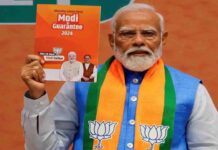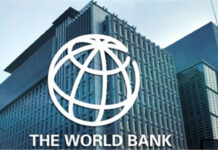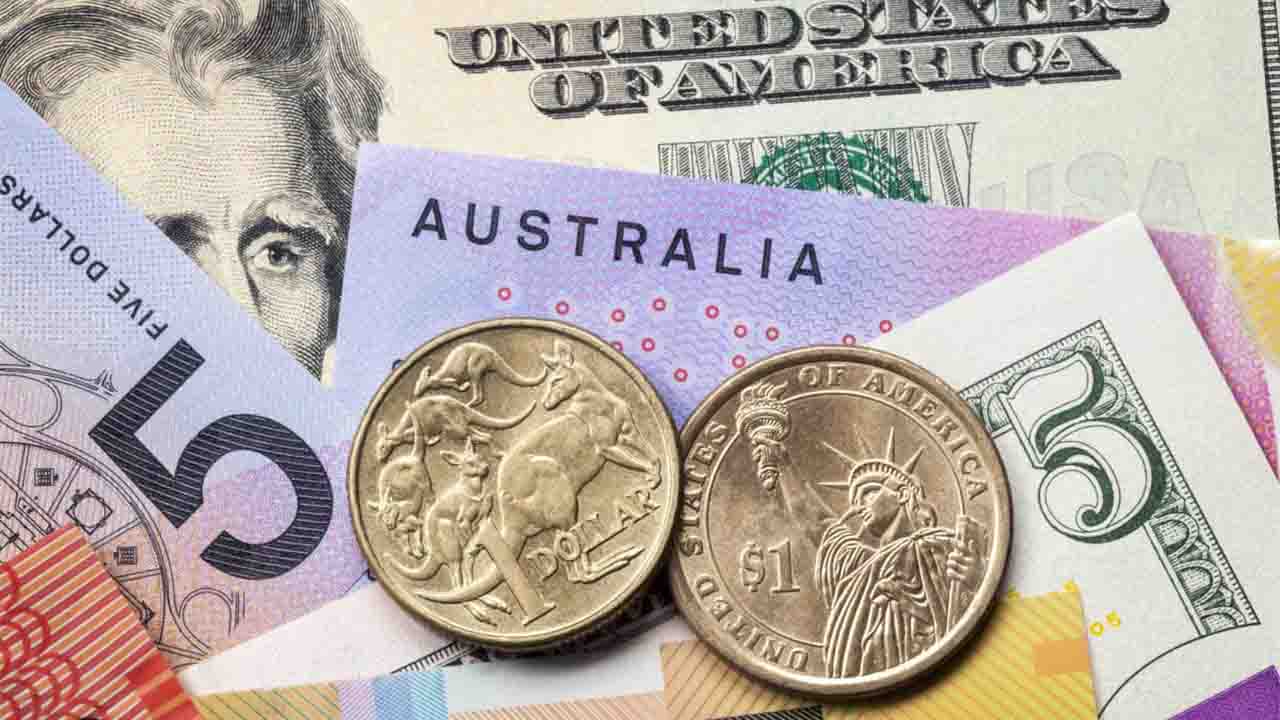The 8th Ministerial Conference of the Forum on China-Africa Cooperation (FOCAC) will hold in the Senegalese Capital of Dakar on the 29th and 30th of November 2021. The 21 year old cooperation mechanism between Africa and China founded at the turn of the century has become a model of international cooperation, famous for delivering measurable, tangible and practical outcomes even with less bureaucracy and glamour.
The theme of the 8th ministerial conference “Deepen China-Africa partnership and promote sustainable development to build a China-Africa community with a shared future in the new era” would certainly build on the phenomenal outcomes of the immediate two summits of the heads of state and government that held in Johannesburg , South Africa (2015) and Beijing, China (2018), respectively. Both summits though, drawing from the FOCAC cherished tradition of outlining specific areas and contents for deepening cooperation, were however, major turning points and historic new starting points for the FOCAC mechanism.
President Xi Jinping on assumption of office in 2013 left no one in doubt that Africa genuinely constitutes the cornerstone or foundation of China’s foreign relation by making his first ever foreign trip as president, straight from Moscow to Africa, specifically in Tanzania, where he affirmed that “unity and cooperation with Africa countries is the foundation of China’s foreign policy.
This will never change even should China grow stronger and enjoy a higher international standing” In an outline that is pivotal to the current trajectory of China-Africa engagement, president Xi Jinping pointed out in his speech in Tanzania that “similar historical experience, common development tasks and shared strategic interests have bound us together. We both view the other’s development as our opportunity, and we both seek to promote mutual development and prosperity through cooperation.”
The Forum on China-Africa Cooperation (FOCAC) is the essential mechanism that drives the mutual opportunity that China and Africa represents to each other. With a three yearly ministerial conference or summits between each other, the FOCAC process does not brook complacency as follow ups activities, ranging from projects implementation, dialogues and consultation at both intergovernmental and non-governmental levels involving broad range of actors at various platforms, culminating in the drawing up of agenda and building consensus on key issues of common concerns majorly characterize the times between a summit or a conference and the other.
The basic feature of the FOCAC mechanism is the follow-up process, whose key element is to deliver tangible and practical results on the outcomes of heads of states’ summits or ministerial conference.
The two heads of states summit held in Johannesburg and Beijing respectively before the 8th ministerial conference scheduled for the end of this month in Dakar Senegal were phenomenal milestone and landmark in the history of the FOCAC process. At the Johannesburg summit in South Africa, president X1 Jinping outlined the ten (10) cooperation plans and backed it with a 60 billion U.S dollar funding support.
The range of the outlined cooperation plans which included Industrialization, Agricultural modernization, Infrastructure, Trade and Investment, Poverty Reduction, Public Health, Peace and Security among others clearly and objectively aligned with the key and major requirements of Africa to accelerate growth, and drive sustainable and inclusive development.
Between the period of the Johannesburg summit and its Beijing counterpart, up till now, Africa’s infrastructure profile and its industrialization pace has grown phenomenally, generating top notch jobs in the real sector and massively enhancing capacity building and skill acquisition among the continent’s bourgeoning youth population.
















